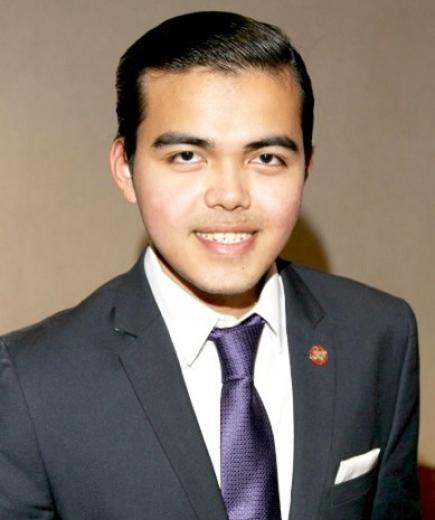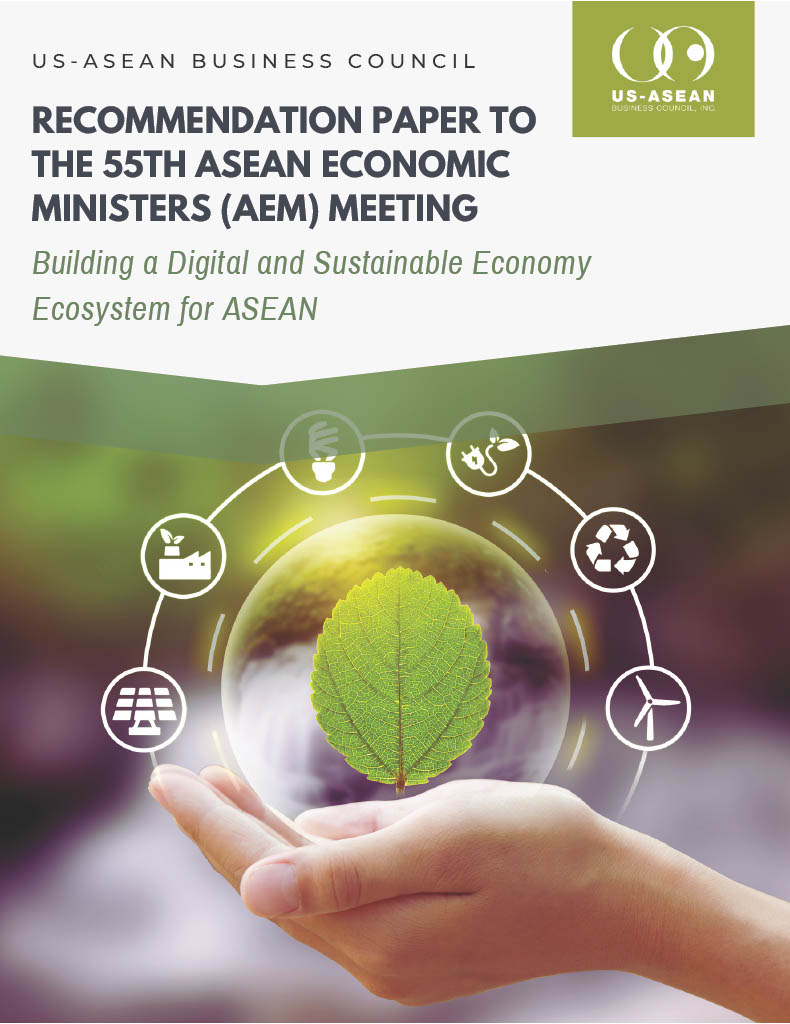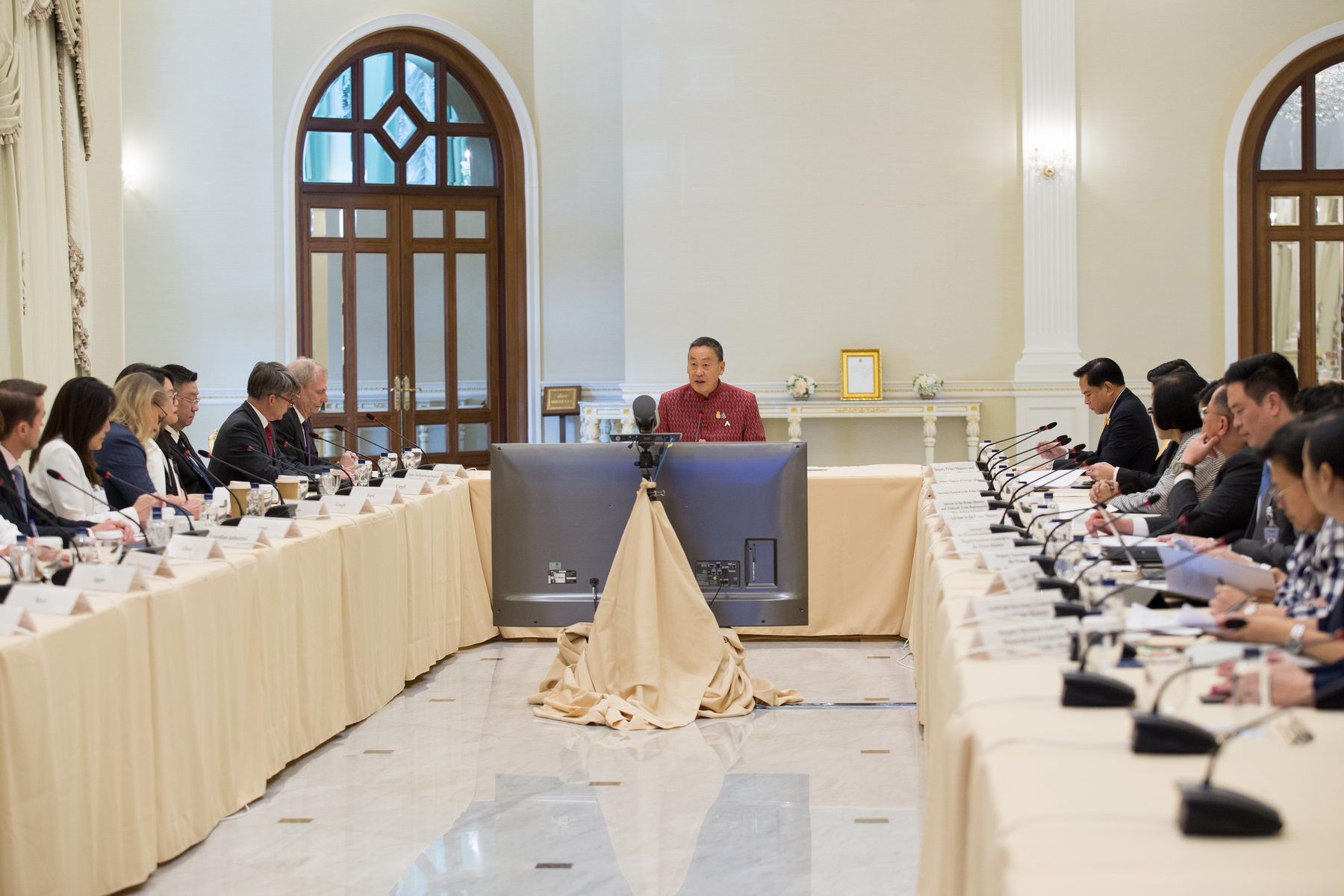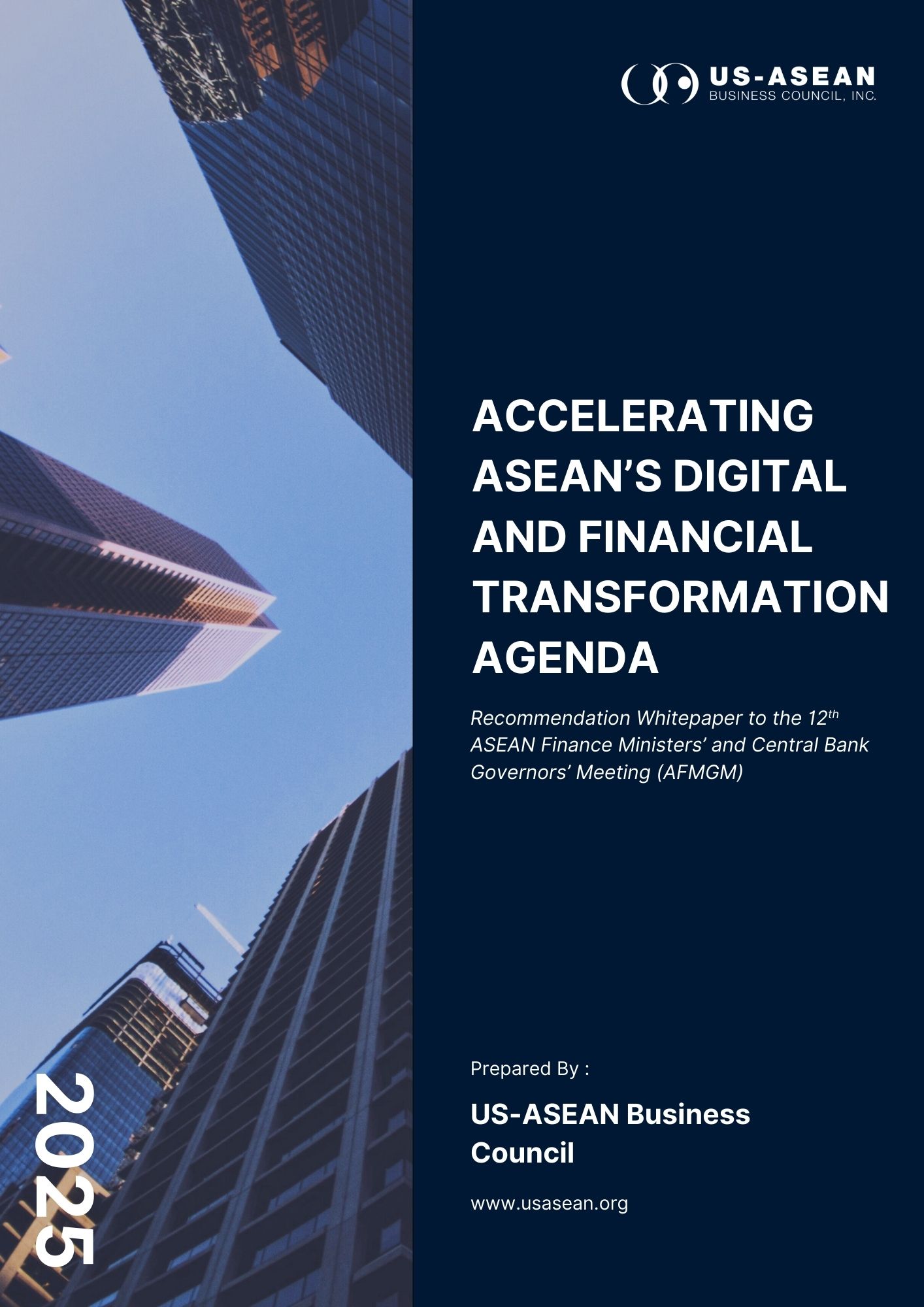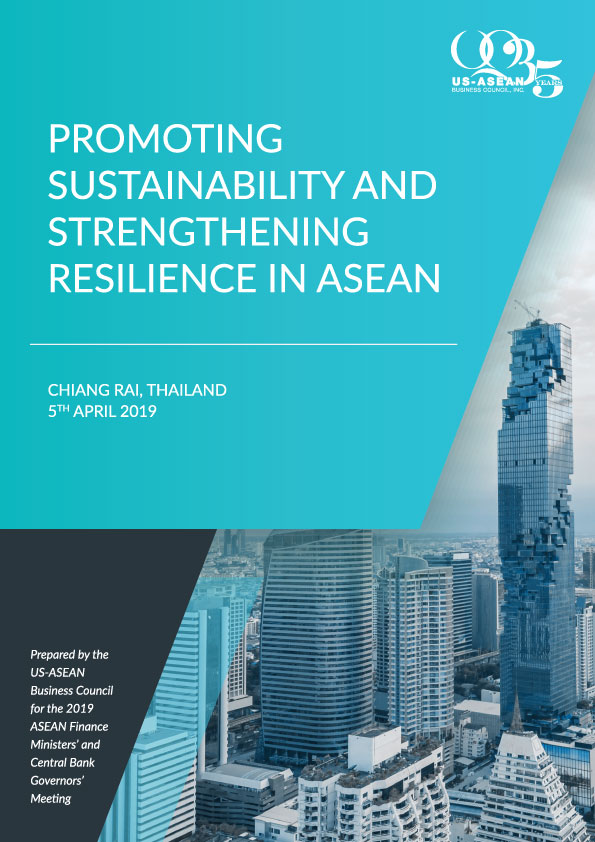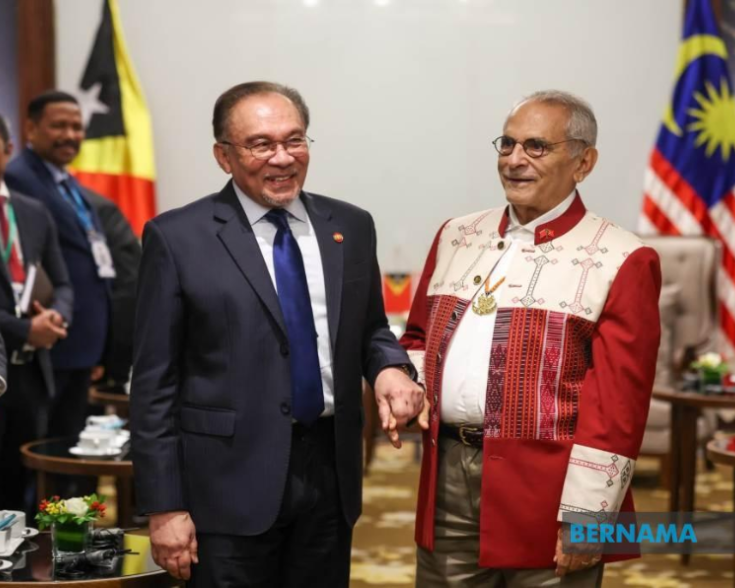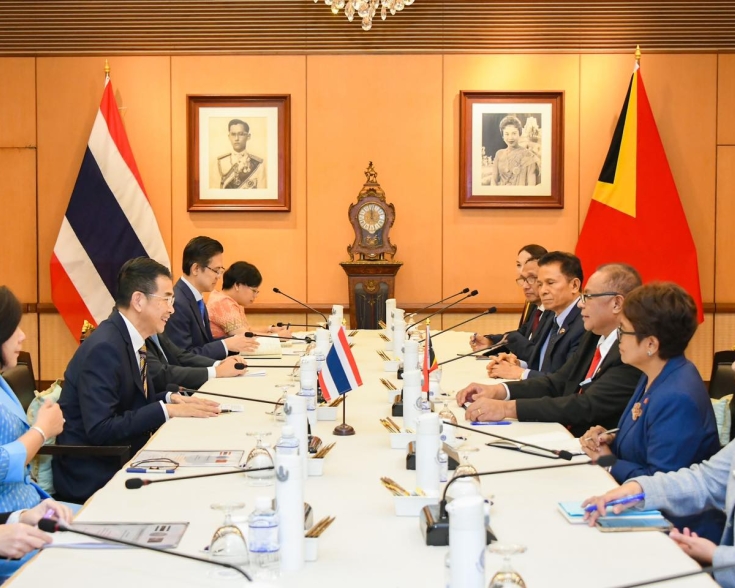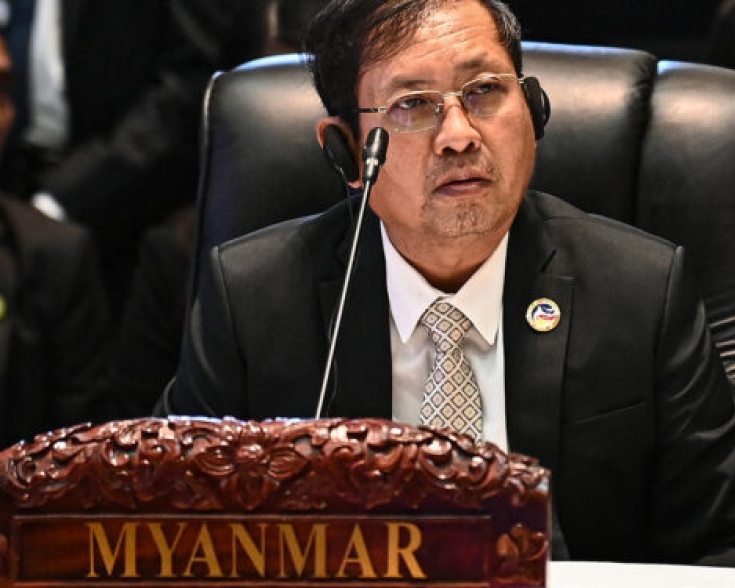Myanmar's Participation at the 2025 SCO Summit
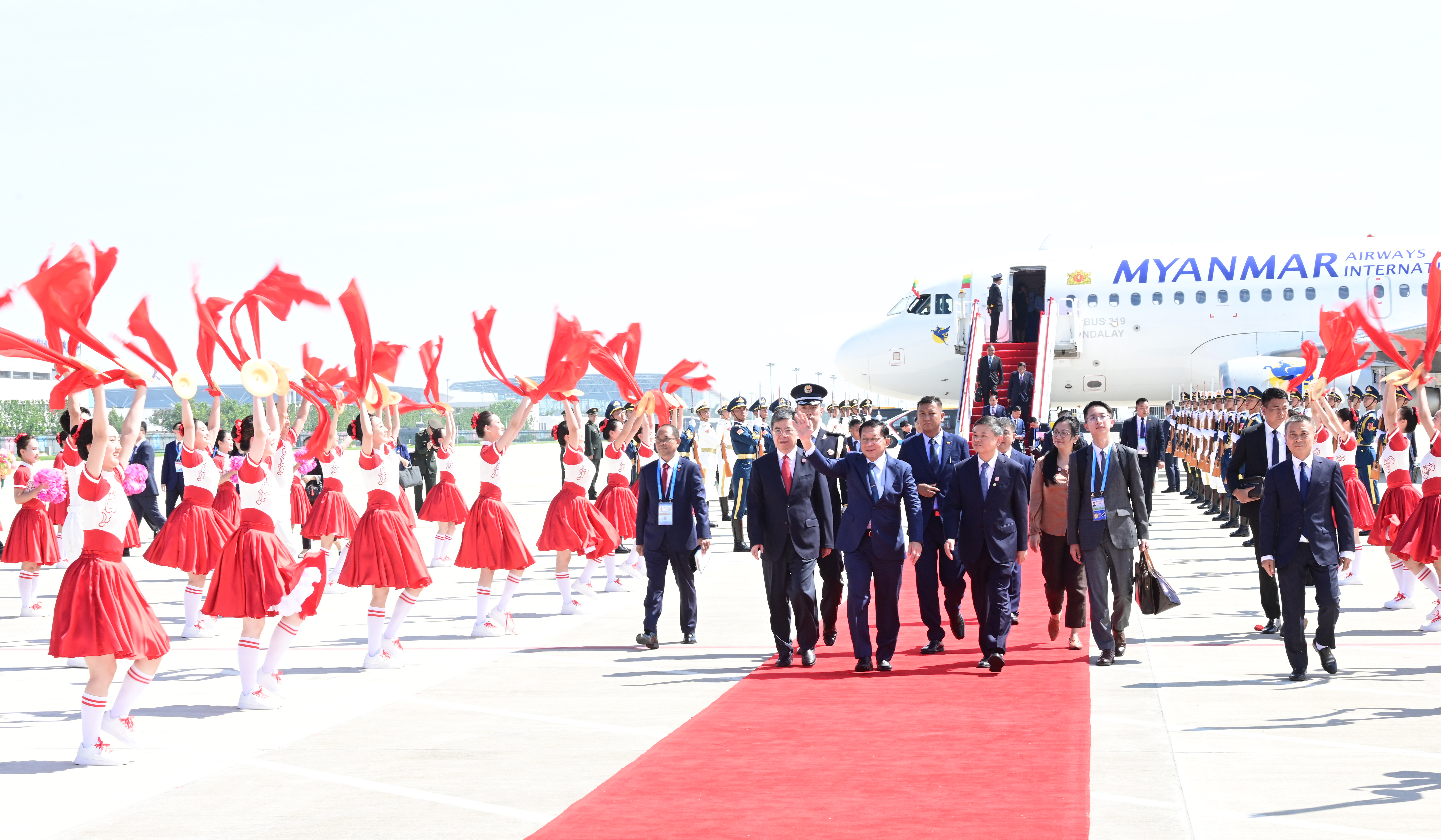
From August 30 to September 6, 2025, Senior General Min Aung Hlaing, Chairman of the State Security and Peace Commission (SSPC) of Myanmar, made a working visit to China to attend the Shanghai Cooperation Organization (SCO) Summit and the military parade commemorating "the 80th anniversary of the victory in the Chinese People's War of Resistance against Japanese Aggression and the World Anti-Fascist War." This was his second visit to China, following a trip to Kunming in November 2024 to attend the Greater Mekong Subregion (GMS) and two other summits, since the 2021 military coup.
The Shanghai Cooperation Organization (SCO) is a regional political, economic, and security alliance founded in 2001 by China, Russia, Kazakhstan, Kyrgyzstan, Tajikistan, and Uzbekistan. Currently, the SCO comprises of 10 member states, which include India, Iran, Pakistan, and Belarus. Afghanistan and Mongolia as observer states, while Myanmar has become one of 14 dialogue partners since May 2023. On August 31 and September 1, Senior General Min Aung Hlaing took part in the 2025 SCO Summit in Tianjin, China, alongside more than 20 leaders from non-Western states. Major highlights for the SSPC leader were his meetings with Chinese President Xi Jinping and Indian Prime Minister Narendra Modi, respectively. On the sidelines, Senior General Min Aung Hlaing also had the opportunity to meet other heads of states, including Russian President Vladimir Putin, North Korean leader Kim Jong-un, Indonesian President Prabowo Subianto, and Malaysian Prime Minister Anwar Ibrahim, among others.
Meeting with Chinese President Xi Jinping
On August 30, a day before the SCO summit, Senior General Min Aung Hlaing met with Chinese President Xi Jinping in Tianjin. During the meeting, President Xi welcomed Myanmar’s planned general elections set to take place in December 2025, while reaffirming China’s opposition to foreign interference and its commitment to Myanmar’s stability and international standing. The two leaders also discussed advancing Myanmar's peace process, boosting bilateral trade ties, deepening cooperation on the China-Myanmar Economic Corridor (CMEC) projects, as well as China’s aid for earthquake relief.
Notably, President Xi expressed China’s backing for upgrading Myanmar from a dialogue partner to a full SCO member. Achieving full SCO membership would grant Myanmar access to new security and economic platforms, while shielding it diplomatically from the West’s isolation, and opening doors for investment and development cooperation from other member states. This move would strengthen Myanmar’s integration into China-led institutions and infrastructure, while reducing Western and ASEAN influence.
In what could be considered a shift in official recognition, for the first time, China’s Ministry of Foreign Affairs (MOFA) referred to Senior General Min Aung Hlaing as “Acting President” of Myanmar. China’s MOFA reported that Senior General Min Aung Hlaing highlighted “China’s constructive role in maintaining peace and stability in northern Myanmar.” According to QIUSHI, a bimonthly journal of the Central Committee of the Communist Party of China (CPC), President Xi also stated that “China supports Myanmar in fostering broad domestic political unity to restore stability and boost development.” Following Operation 1027 in 2023, China has consistently leveraged its influence over ethnic armed organizations (EAOs) along the border in favor of the Myanmar military, with one notable example being the handover of Lashio town back to the Myanmar military by the MNDAA in April 2025.
In addition, on August 20, in meetings with allied Shan State EAOs: TNLA, MNDAA and SSPP, the United Wa State Army (UWSA) officially announced it would halt all military and financial assistance to armed groups, citing China’s pressure, including asset freezes and border restrictions. This move could shift the balance against the TNLA, which continues to clash with the Myanmar military in northern Shan State following failed ceasefire talks. The Arakan Army (AA), which operates with relatively less Chinese influence, may also face challenges. Its munition stockpiles, captured from the military during and after Operation 1027, are expected to deplete by 2026, according to defense analyst Anthony Davis. This may also cause ripple effects on People Defense Forces (PDFs) fighting against the Myanmar military across the country, which have already been facing issues with sourcing weapons and ammunition amidst the reported restriction of weapons sales by EAOs, and the rising prices of ammunition in the black-market.
The meeting also emphasized cooperation on bilateral trade and the China–Myanmar Economic Corridor (CMEC), a flagship project of the Belt and Road Initiative (BRI), linking the landlocked Yunnan province to the Bay of Bengal through highways, railways, and energy infrastructure. The outcomes were evident at the Myanmar-China Economic Cooperation Promotion Meeting on August 31, where Senior General Min Aung Hlaing, along with the Union of Myanmar Federation of Chambers of Commerce and Industry (UMFCCI) and the Myanmar Investment Commission (MIC), signed a least seven memorandums of understanding (MoUs), with the Chinese business community in Tianjin. Two of these agreements directly involved collaboration between Myanmar organizations and Chinese business associations: one between the UMFCCI and the China Association of Small and Medium Enterprises (CASME), and another between the Myanmar-India-China International Cooperation & Economic Development Association (MICA) and CASME.
Other significant deals related to the CMEC and BRI include an MoU between Shwe Thanlwin Holding Company Ltd and China Harbor Engineering Co Ltd (CHEC), as well as an MoU between Yunnan Baoshan Hengyi Industrial Group Co Ltd (HYIG) and Transland Public Co Ltd (TPC). While the details of these MoUs were not disclosed, CHEC had plans for major projects such as constructing the Mandalay-Tigyaing-Muse Expressway, the Kyaukphyu-Naypyitaw Expressway, and a new Goteik Bridge since before the coup. CHEC is a subsidiary of China Communications Construction Company (CCCC), which has investments planned in the New Yangon City project and is widely known for large BRI projects across Asia and Europe. Similarly, HYIG, through its subsidiaries, had agreements to develop the Myitkyina Economic Development Zone, Maday Island terminal, and cross-border cooperation zones like Kanpiketi since before the 2021 coup.
Meeting with Indian Prime Minister Narendra Modi
In his meeting with India’s Prime Minister Narendra Modi, SSPC Chairman Senior General Min Aung Hlaing discussed bilateral cooperation, including development partnerships, defense and security, border management, and border trade. Modi emphasized the importance of progress on ongoing connectivity projects as a means of strengthening ties between the two nations.
Two major connectivity/infrastructure projects fall under India’s Act East policy: the Kaladan Multi-Modal Transit Transport Project, which remains stalled due to ongoing clashes in Rakhine State, and the India–Myanmar–Thailand Trilateral Highway, which connects India’s Moreh to Thailand’s Mae Sot via Myanmar. As of 2023, nearly 70 percent of the highway project had reportedly been completed. However, the operational viability of the trade route remains uncertain due to the presence of armed resistance groups along sections of the highway.
In a statement on X, PM Modi said that he and Sr. Gen. Min Aung Hlaing discussed rare earth mining, which has become an increasingly significant topic in Myanmar’s global standing. India has been grappling with its heavy dependence on China for rare earth imports, with China reportedly accounting for over 70 percent of supply in critical areas, according to the Global Trade Research Initiative (GTRI). Some advocates have previously even suggested potential U.S. engagement with the Kachin Independence Army (KIA), which controls Chipwi and Pangwa, key rare earth mining areas, to secure minerals through cooperation with India. Since late August, Myanmar military has been conducting offensives in areas in Waingmaw township, along the route to Chipwi’s rare-earth mines.
Despite these discussions, PM Modi’s engagement with Min Aung Hlaing on rare earths is unlikely to exclude China from the equation. India still lacks the processing technology China possesses and will likely remain reliant on Chinese supply in the near term. In addition, the trip being Modi's first visit to China in seven years, and positive statements from both sides, signal New Delhi’s intent to maintain and deepen bilateral ties with China.
On Myanmar’s planned general elections in December 2025, PM Modi expressed hope that they would be conducted in a “fair and inclusive manner involving all stakeholders.” He added that India “supports a Myanmar-led and Myanmar-owned peace process, for which peaceful dialogue and consultation is the only way forward.” He also expressed India’s plan to send an election monitoring team to Myanmar, and its support for Myanmar’s membership entry to SCO.
Bottom Line: To sum up, the recent SCO summit underscores shifting dynamics in the international dimension of the Myanmar conflict. India had been viewed as a potential counterbalance to China’s influence, but the warming of China-India relations at the SCO makes this a distant possibility now. India’s increasingly formal engagement with the SSPC could also provide the latter with greater leverage over armed resistance groups operating along the India–Myanmar border, compensating for China’s limited reach. Myanmar’s potential accession to SCO membership could also strengthen the SSPC’s efforts to gain recognition for its administration following the planned elections.
